Russia once believed that the Minsk-2 Agreement, signed 10 years ago in the Belarusian capital Minsk, was a historic opportunity to end the conflict in eastern Ukraine.
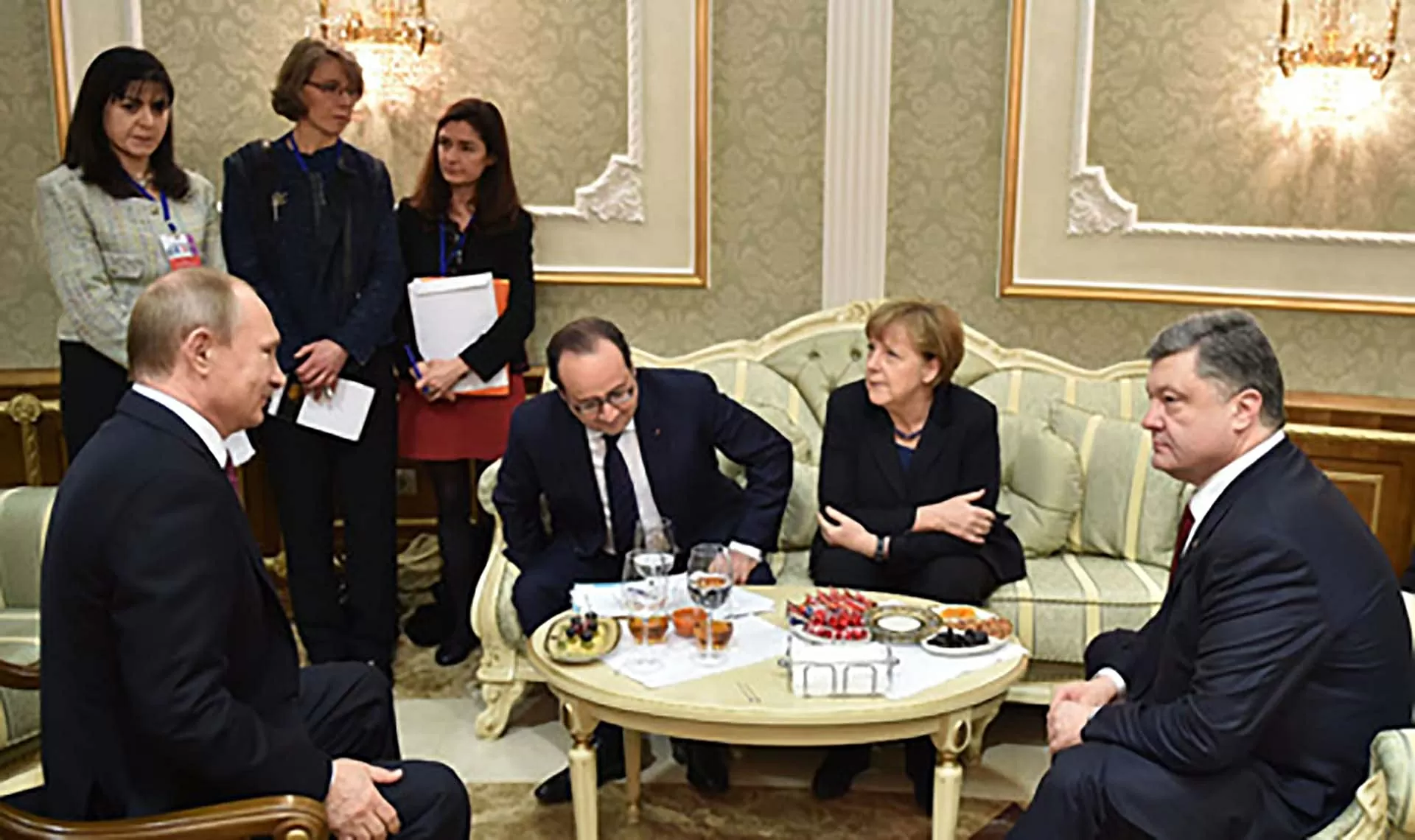 |
| In February 2015, Russian President Vladimir Putin, French President François Hollande, German Chancellor Angela Merkel and Ukrainian President Petro Poroshenko met in the Belarusian capital Minsk to discuss a peaceful solution for eastern Ukraine. (Source: RIA Novosti) |
On February 22, 2022, two days before Russia launched a special military operation in Ukraine, President Vladimir Putin announced that the Kiev government had lost the compromise it had reached, the Minsk-2 Agreement, signed on February 12, 2015 in Belarus, to end the 10-month conflict in Donbass, Eastern Ukraine.
Previously, the Minsk-1 Agreement (signed in December 2014) consisting of 12 points between Ukraine and the separatists in Donbass, with provisions on prisoner exchange, humanitarian aid and weapons withdrawal, also soon collapsed due to violations from both sides.
Solution to the conflict…
On February 11-12, 2015, the leaders of Russia, France, Germany and Ukraine (the Normandy Four), including President Vladimir Putin, President François Hollande, Chancellor Angela Merkel and President Petro Poroshenko, met in Minsk to discuss a peaceful solution for Eastern Ukraine.
This is considered an important diplomatic effort to end the fighting between the Ukrainian government army and independence forces in the Donbass region, with the emergence of two separatist regions, the self-proclaimed Luhansk People's Republic (LPR) and the self-proclaimed Donetsk People's Republic (DPR).
The negotiations lasted 16 hours, described by German Foreign Minister Frank-Walter Steinmeier (2013-2017) as “very difficult”. Under pressure from the international community, especially from France and Germany, the negotiating parties reached a decisive agreement, known as the Minsk-2 Agreement. This document was signed by representatives of Russia, Ukraine, the leaders of the two separatist regions and the Organization for Security and Cooperation in Europe (OSCE), and was supported by the United Nations Security Council (UN) in resolution 2202, adopted on February 17, 2015.
The agreement includes 13 main points, notably establishing a ceasefire in eastern Ukraine and withdrawing heavy weapons from the frontline, under OSCE supervision. Other provisions include amnesty for soldiers, prisoner exchanges, humanitarian assistance, restoration of economic and social links, ensuring the Ukrainian government’s control of the border with Russia, and the withdrawal of all foreign forces and mercenaries.
For the separatist regions of Donetsk and Luhansk, the agreement calls for dialogue on local elections, reform of the Ukrainian constitution to grant autonomy to these regions, holding elections and strengthening the activities of the Trilateral Contact Group (Russia, Ukraine, OSCE).
After the Minsk-2 Agreement was signed, the most serious fighting in Eastern Ukraine ended, and the OSCE deployed forces to monitor. Russian President Putin emphasized: “I believe that there is no other solution... Whether you like it or not... the agreement must be implemented”.
The Minsk-2 agreement reflects the strategic calculations of the parties involved. For Russia, this document helps ensure its core security need that Ukraine cannot join the North Atlantic Treaty Organization (NATO), while maintaining Moscow's influence in the Donbass region.
Ukraine, on the other hand, sees it as a tool to regain control of its eastern border, while France and Germany, acting as mediators, want to prevent the conflict from escalating into a full-scale war that could threaten European security.
… or “delaying tactic”?
Despite providing political and military solutions to end the conflict in eastern Ukraine, the Minsk-2 Agreement has never been fully implemented due to differences in understanding between Russia and Ukraine.
According to Chatham House, Russia and Ukraine have completely different interpretations of the agreement. Ukraine sees it as a means to regain control over the separatist regions, demanding a ceasefire, elections in Donbass under Ukrainian law, and control of the border with Russia. Moscow, on the other hand, sees it as a commitment to Ukraine to grant broad autonomy to Donbass and to ensure the separatists' political role in the central government.
From 2015 to 2022, the ceasefire was violated thousands of times each year, demonstrating the fact that the Minsk-2 Agreement did not really create peace but only a temporary pause.
By February 22, 2022, Russia accused the Kiev government of destroying the Minsk-2 Agreement, causing peace efforts to fail, while Ukrainian President Volodymyr Zelensky said that the Minsk agreements were just "a trap" that caused the Eastern European country to "lose part of its territory".
On February 24, 2022, Moscow launched a special military operation in Ukraine, claiming that the reason was to protect the government and the majority of ethnic Russians in the two breakaway republics, prevent the Kiev government from taking Ukraine down the path of "fascism", and thwart NATO's plot to use the territory of the Eastern European country as a springboard to attack Russia.
Notably, after Russia's special military operation in Ukraine broke out, on December 7, 2022, former German Chancellor Angela Merkel admitted to Die Ziet that Minsk-2 was not actually a peaceful solution but merely a tactic to give Ukraine more time to rearm. Former French President Francois Hollande also confirmed in March 2023 that this agreement had indeed helped Ukraine strengthen its army.
These revelations made Russia feel “led by the nose,” according to Russian President Putin during a meeting with leaders of the world’s leading news agencies in Moscow on June 6 last year.
An analysis by the Global Times (China) on December 12, 2022 stated that the admissions of the former leaders are considered evidence that the West is not serious about finding a peaceful solution to the Ukraine issue but is only using negotiations to achieve its strategic goals.
Minsk-3: The door is closed?
The Minsk agreement is dead as Russia’s military campaign in Ukraine nears its fourth year. Signs of a negotiated settlement to the conflict remain elusive, despite Donald Trump’s return to the White House and his strong words about ending the war within six months.
It is unclear to what extent the new US administration's tough policy will affect the positions of Russia and Ukraine, or whether it will change the position of President Volodymyr Zelensky, who declared in 2022-2023 that there would be no more Minsk-3 or Minsk-5.
As for Russia, exactly one year ago, on the ninth anniversary of the signing of the Minsk-2 Agreement, Russia's Deputy Permanent Representative to the UN Dmitry Polyansky assessed that this agreement was a "historic opportunity" to resolve the Ukrainian crisis but was missed by Kiev and the West.
Meanwhile, Russian foreign policy strategist Dmitry Suslov said that Moscow will not agree to any Minsk-3-style agreements and will not accept Ukraine's accession to NATO. According to him, there must be solid guarantees that Ukraine no longer poses a military threat to Russia and that the West cannot use the country as a tool against Moscow. He stressed that the military campaign will continue until these conditions are met.
The lessons of Minsk-2 have led Russia to now firmly reject a ceasefire that Moscow believes will only give Ukraine an opportunity to consolidate its forces. President Putin has repeatedly said that the conditions for ending the fighting are that Ukraine must abandon its intention to join NATO and withdraw its troops from the four regions of Donetsk, Luhansk, Zaporizhzhia and Kherson, which Russia claims as its own.
On the Ukrainian side, on February 10, in an interview with ITV News , President Volodymyr Zelensky declared his readiness to sit at the negotiating table with Russian President Vladimir Putin on the condition that "the US and Europe will not abandon us, support us and guarantee our security."
With the new US administration and signals of readiness for negotiations from both Moscow and Kiev, the international community hopes that the conflict in Ukraine can “touch” a substantive peace agreement.
Source: https://baoquocte.vn/xung-dot-nga-ukraine-co-hoi-lich-su-bi-danh-mat-304297.html



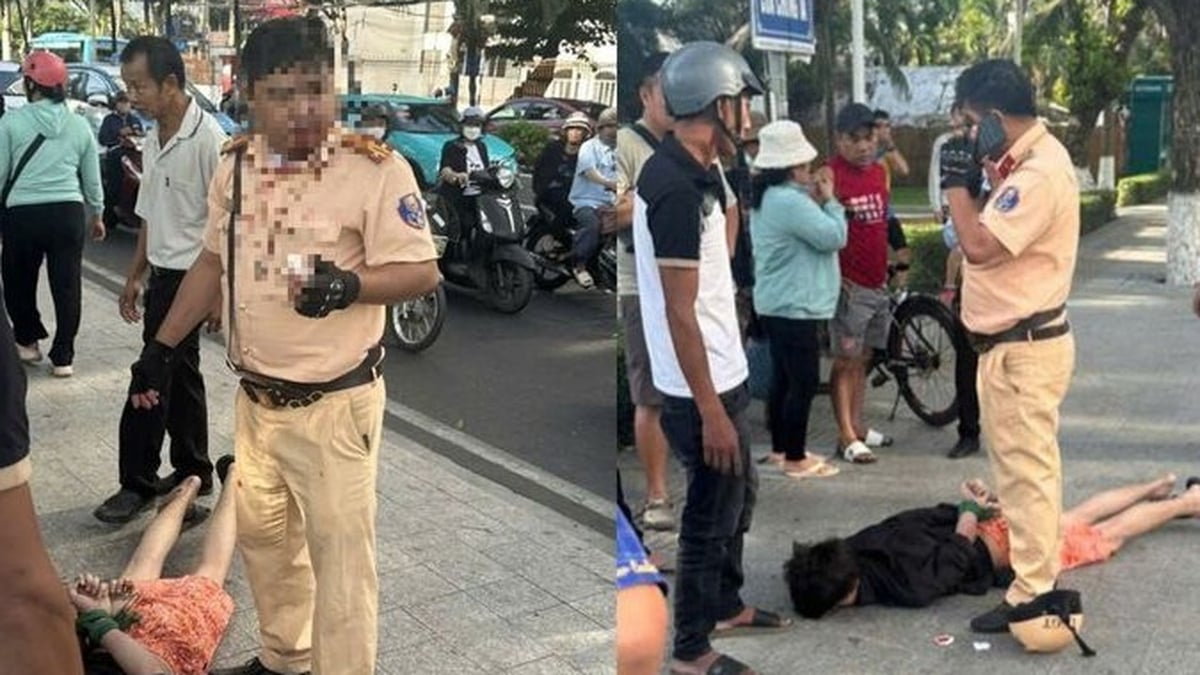









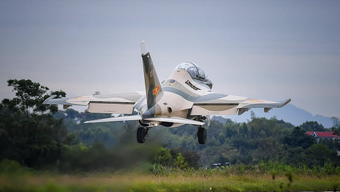
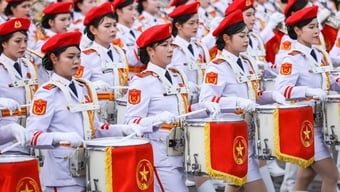
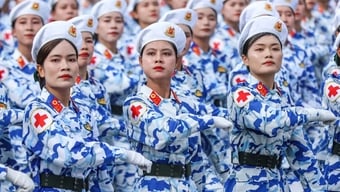







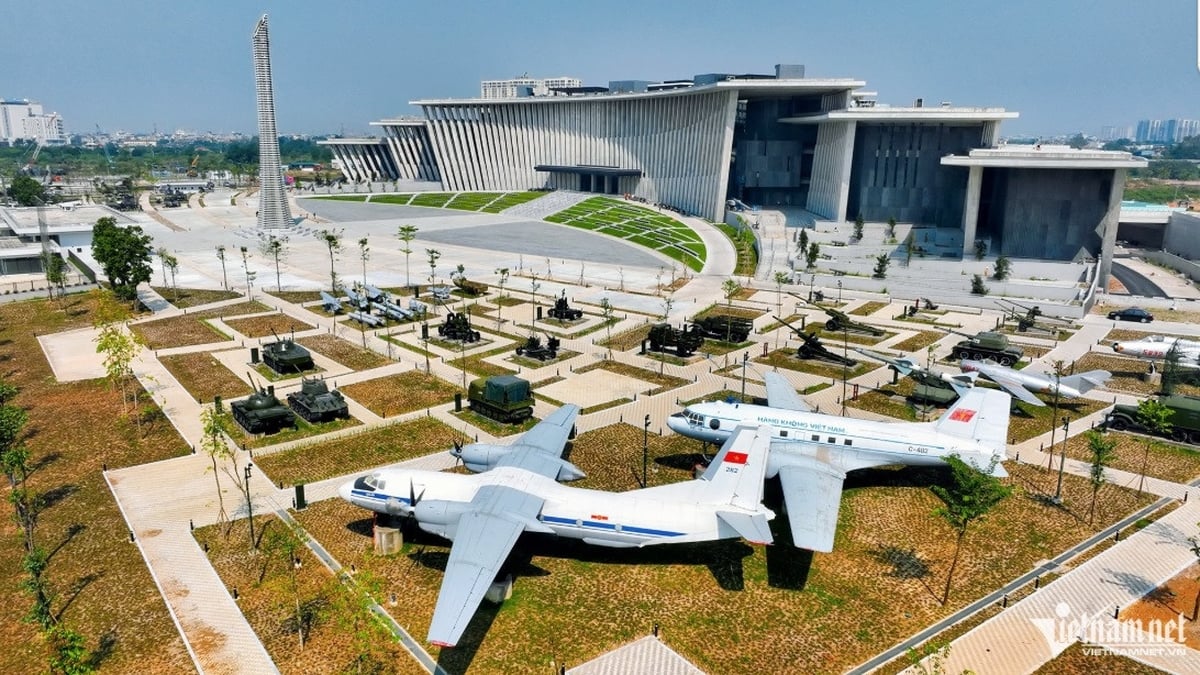
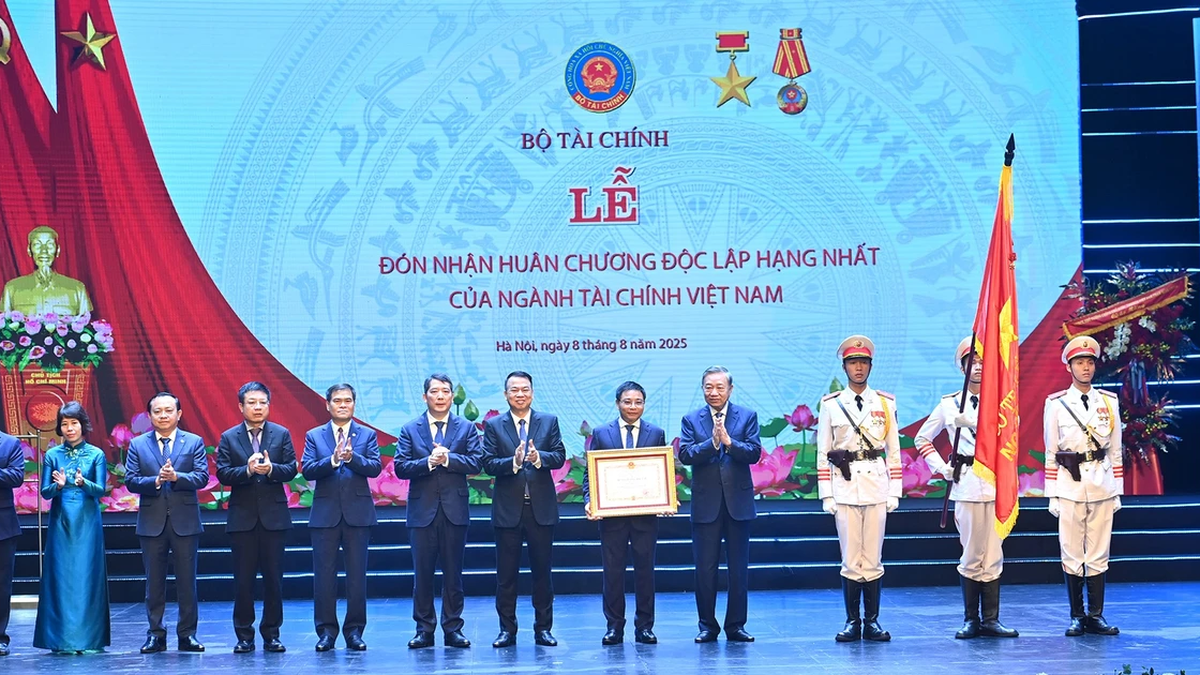
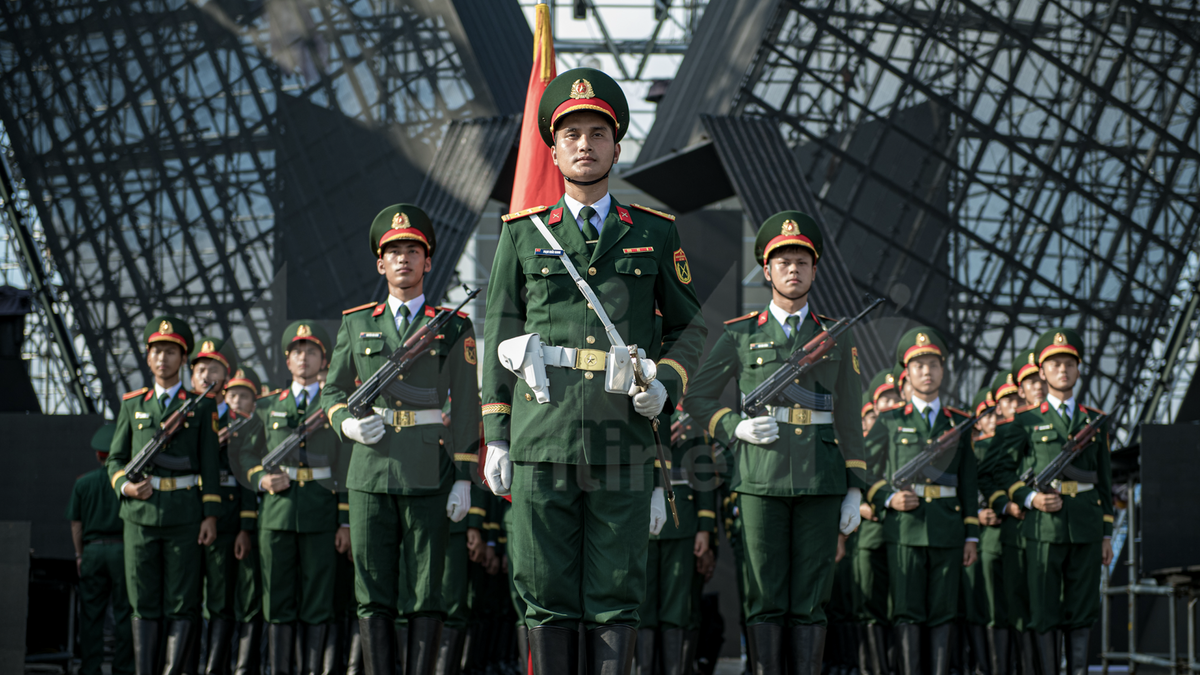


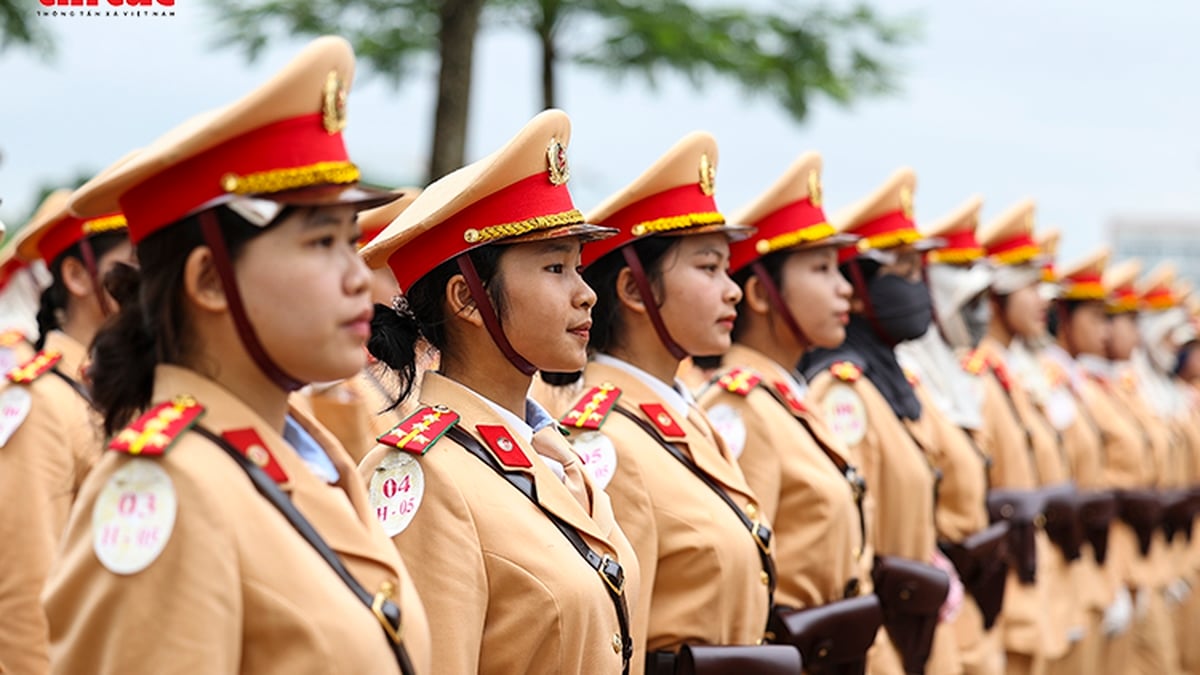

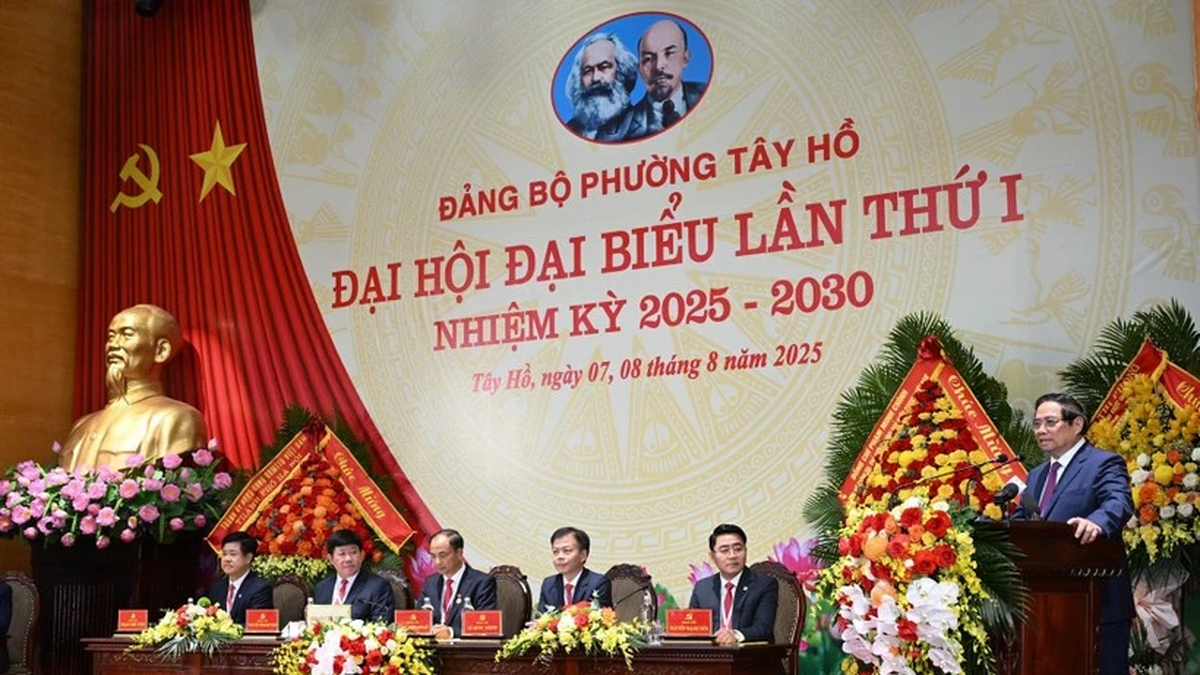
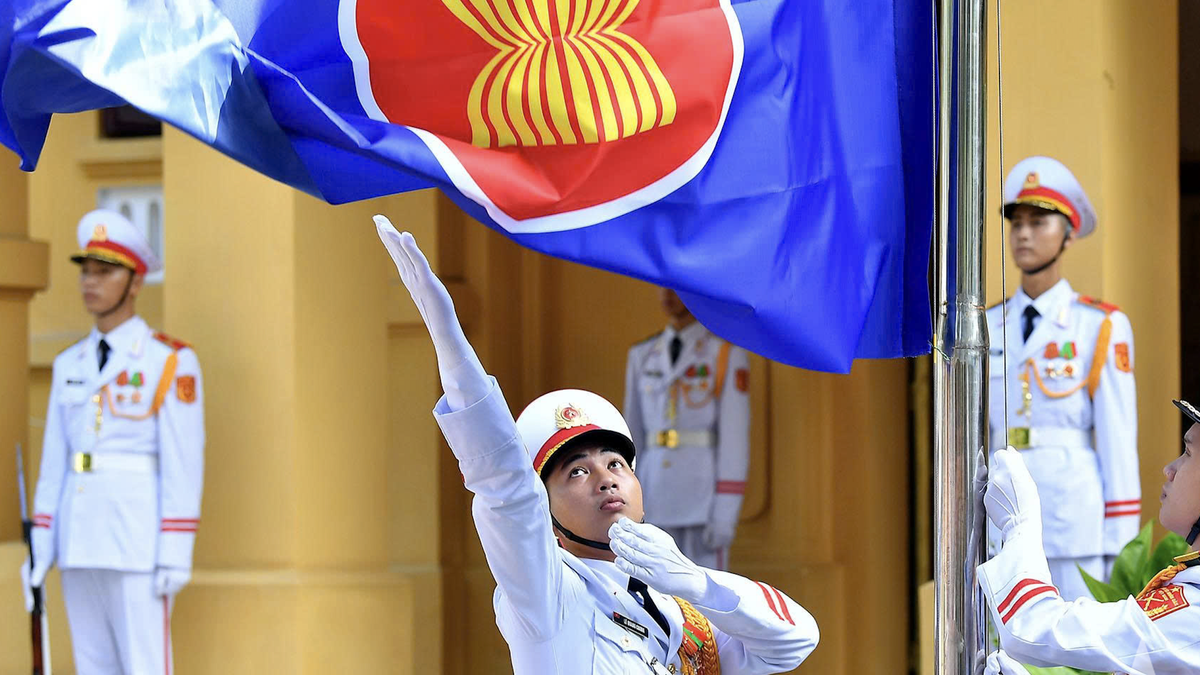






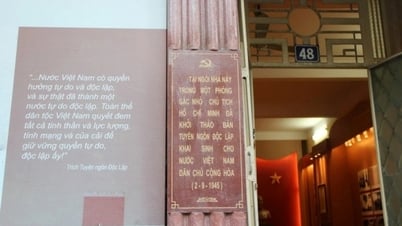





















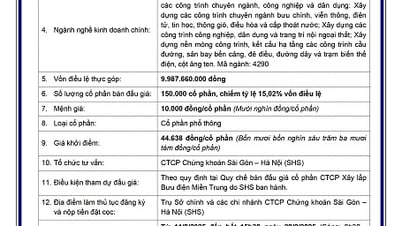
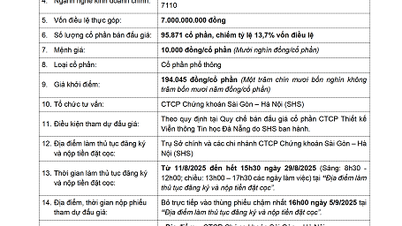

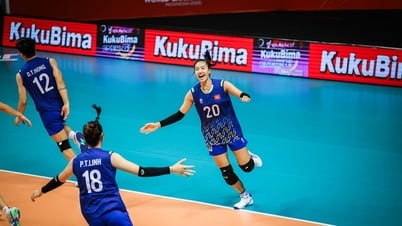

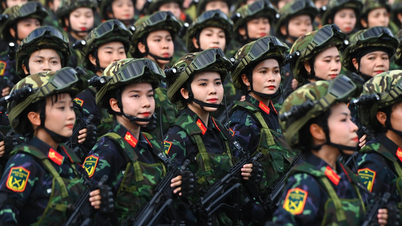




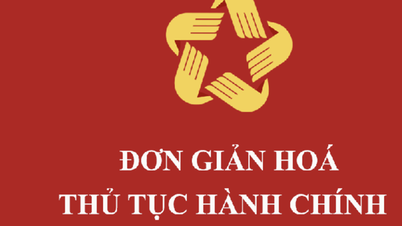
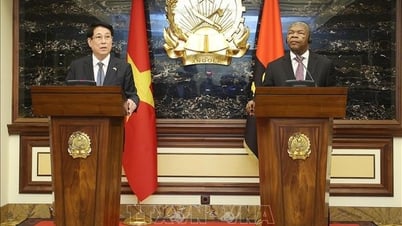

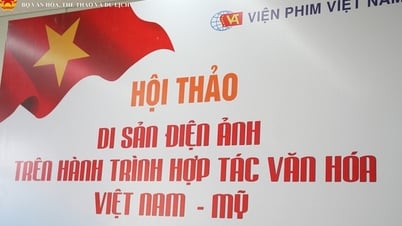
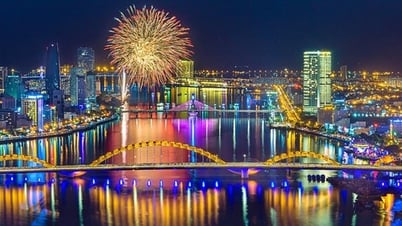
























Comment (0)